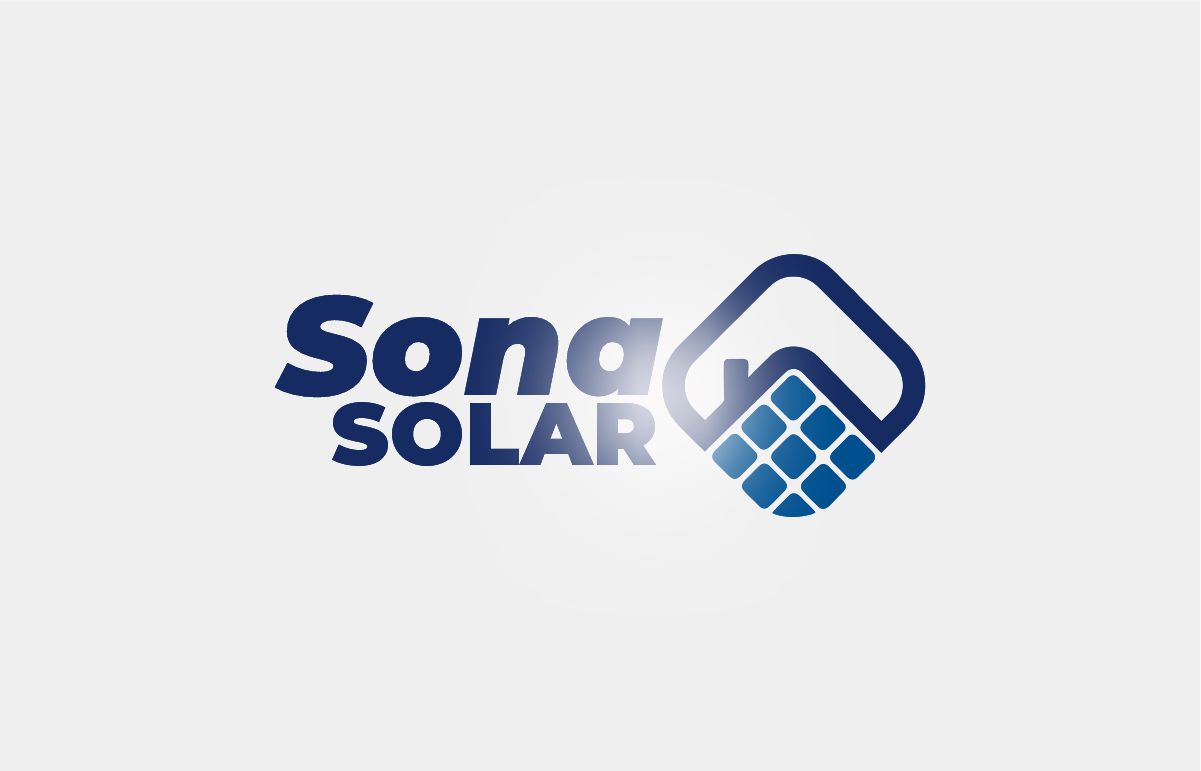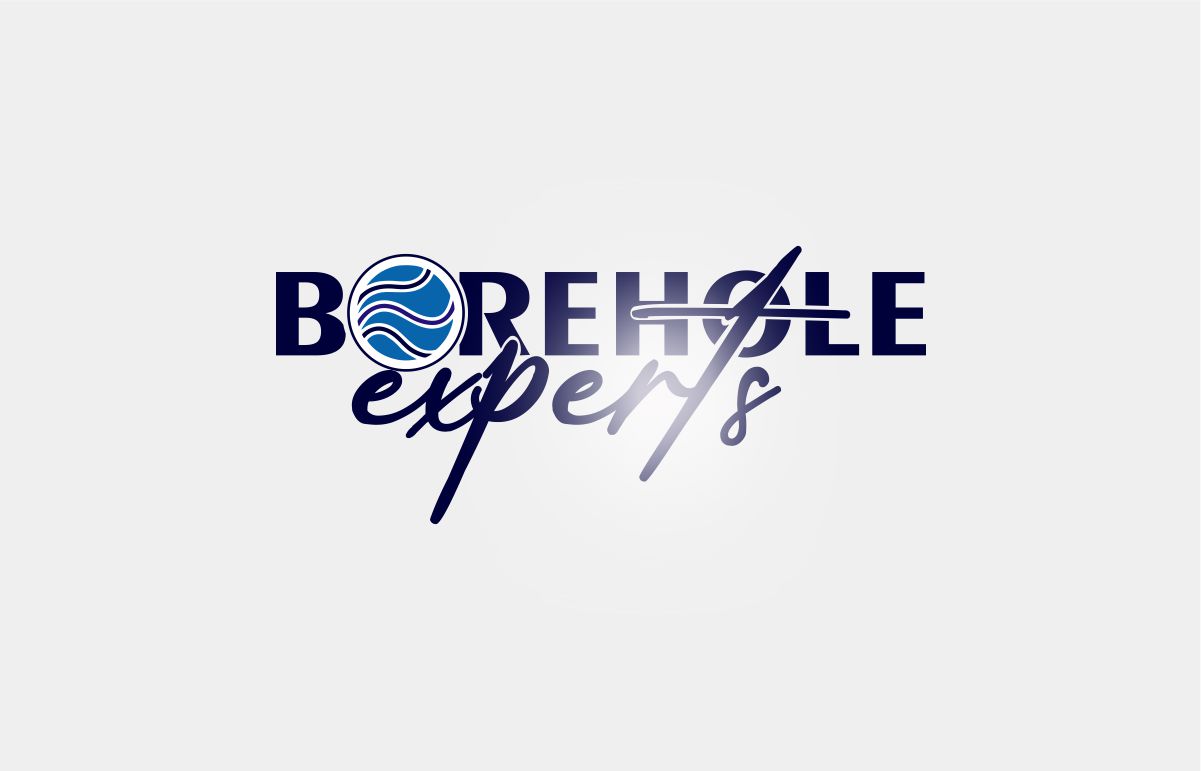Frequently Asked Questions
Your complete guide to solar and borehole projects in Zimbabwe.
How Can We Help You Today?
Solar Inverter Repairs
A faulty inverter can often be repaired. Our technicians will provide an honest assessment.
System Upgrades
Need more power? We can help you upgrade your panels, add more batteries, or install a larger inverter.
New Installations
From 3kVA systems to commercial setups, we design and install the perfect solution for your needs.
Solar Power Systems
A high-quality, fully installed 3kVA solar system in Zimbabwe typically costs between $1,000 and $2,500 USD. The final price depends on component quality and installation complexity.
- Component Quality: Premium Tier-1 panels, a reliable inverter like Must or Deye, and a high-performance lithium battery will influence the cost.
- Battery Storage: The size of the lithium battery is a major price factor.
- Included Services: A complete package includes all hardware, mounting, cabling, and professional installation.
A complete 10kVA solar system in Zimbabwe can range from approximately $6,900 to $10,000 USD. This powerful system is ideal for large homes or small businesses, and the investment reflects the higher capacity inverter, a larger battery bank, and the increased number of solar panels required.
The most reliable panels are from "Tier-1" manufacturers, which guarantees high efficiency, durability, and a strong 25-year performance warranty. We recommend monocrystalline panels for their superior performance.
Our premier selection of trusted Tier-1 brands includes Jinko Solar, JA Solar, Canadian Solar, and Longi Solar.
The best long-term investment for energy storage is Lithium-ion (LiFePO4) technology. It offers a vastly superior lifespan and requires zero maintenance. We stock premium batteries from reputable brands like Svolt, Dyness, and Must Energy.
A 3kW system is excellent for most essential household loads, including lights, TVs, Wi-Fi, laptops, a refrigerator, and even a small borehole pump (run independently). It is generally not suitable for high-power heating appliances like stoves or geysers.
Borehole Drilling Projects
The total cost for a borehole in Zimbabwe can range from $900 to over $7,000. This wide range is due to the required drilling depth and the site's geological conditions (drilling through hard rock costs more). Always budget for additional costs like pump installation, water tanks, and electrical connections.
Yes, permits are often necessary. You must apply for a permit from the Zimbabwe National Water Authority (ZINWA) to legally abstract groundwater. Additionally, you should check with your local municipal authority for any extra registration requirements before drilling.
A geological survey is a critical first step that uses scientific methods to identify the best location to find underground water. Investing in a survey significantly increases the chance of a successful, high-yield borehole and helps you avoid the costly mistake of drilling a dry hole.
The dry season, typically from May to October, is the ideal time for drilling. The ground is firm, which provides better access for heavy drilling rigs, and the water table is at its lowest, giving a more accurate assessment of the borehole's sustainable water yield.
No, not always. While groundwater is often naturally filtered, it can contain bacteria or other pollutants. Therefore, professional water testing after installation is essential. Based on the results, a filtration system may be required to ensure the water is safe for drinking.
Common Questions and Popular Searches
Explore Answers To Frequent Questions And Discover Resources For Your Solar Journey:
1kVA Inverter Load Guide
Load guide for small households.
2kVA System Load Capacity
Powering essentials in medium homes.
3kVA System Panel Count
Understand solar array sizing.
3kVA Inverter Load Guide
Appliance guide for a typical household.
Best 3kVA Inverter Brand
Compare reliability and warranties.
3kVA Appliance Load Guide
Understand simultaneous load capacity.
3kVA Powering Motor Loads
Guidance on handling motor loads.
Choosing the Right Inverter
Matching inverters to your specific load.
Match Panels to Inverter
Tips for optimal system performance.
3.5kVA Inverter Load Guide
Explore residential setup capabilities.
Best Solar Panels Zimbabwe
Analysis of performance and durability.
Solar Companies Zimbabwe
Customer service and reliability.
Best Solar Panel Brands
Guide for home and business solutions.
Solar Installers Zimbabwe
Professional and certified installers.
3kVA System Cost Guide
Get pricing information for Zimbabwe.
5kVA System Cost Guide
Budget requirements for systems.
Contact Our Sales Team:

Sona Solar Zimbabwe
Address:
7 Frank Johnson Avenue, Eastlea, Harare, Zimbabwe.
Call/WhatsApp:
Sales:
+263 78 293 3586
Sales:
+263 78 922 2847
Operations:
+263 78 864 2437
Email:
sonasolarzw@gmail.com
Website:
www.sonasolar.co.zw

Borehole Experts Zimbabwe
Address:
7 Frank Johnson Avenue, Eastlea, Harare, Zimbabwe.
Call/WhatsApp:
Sales:
+263 77 389 8979
Sales:
+263 71 500 3777
Operations:
+263 71 918 7878
Email:
boreholeexpertszw@gmail.com
Website:
www.boreholeexperts.co.zw

Follow Our Social Media Icons
TikTok Pinterest YouTube Telegram WhatsApp